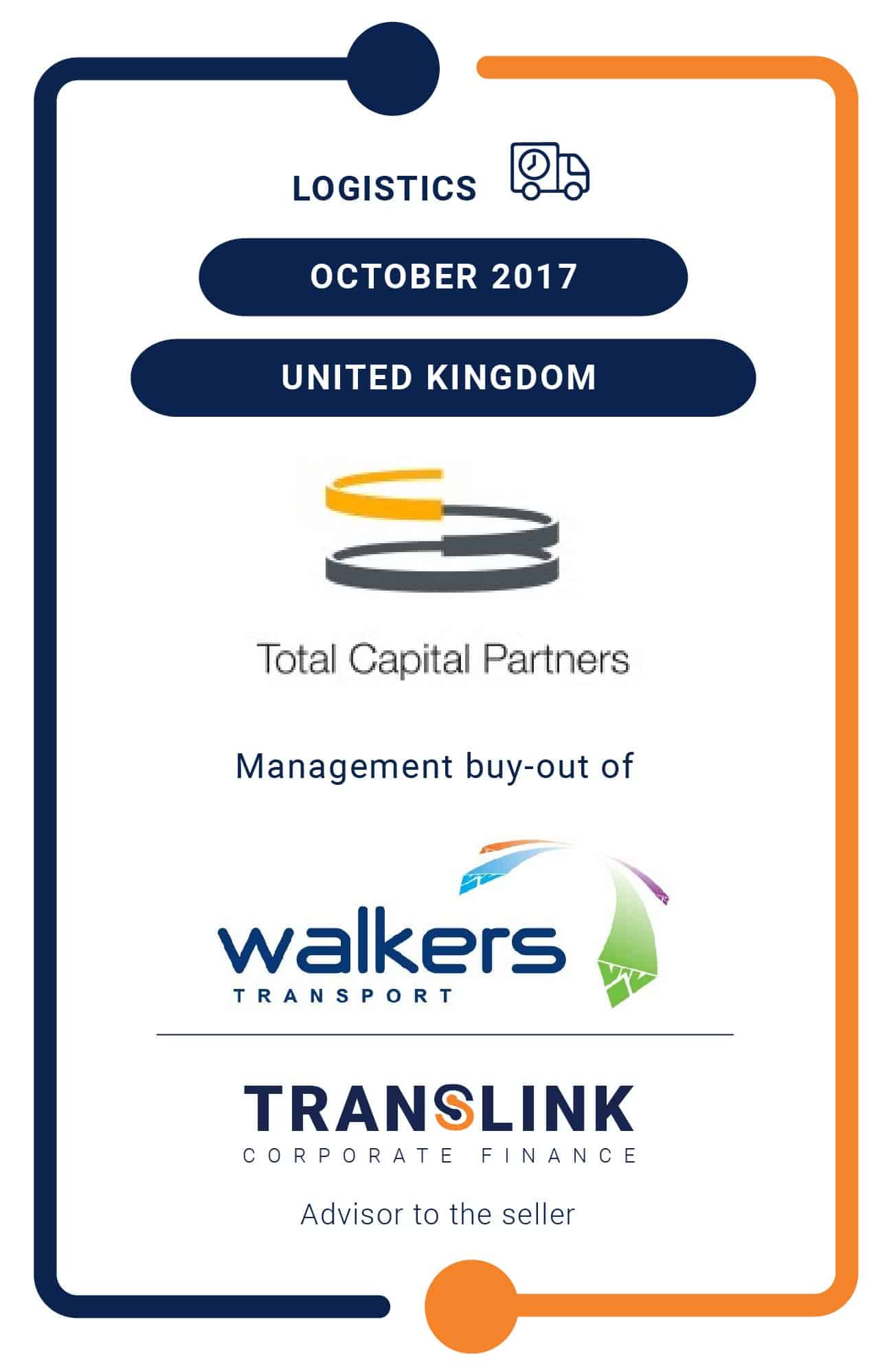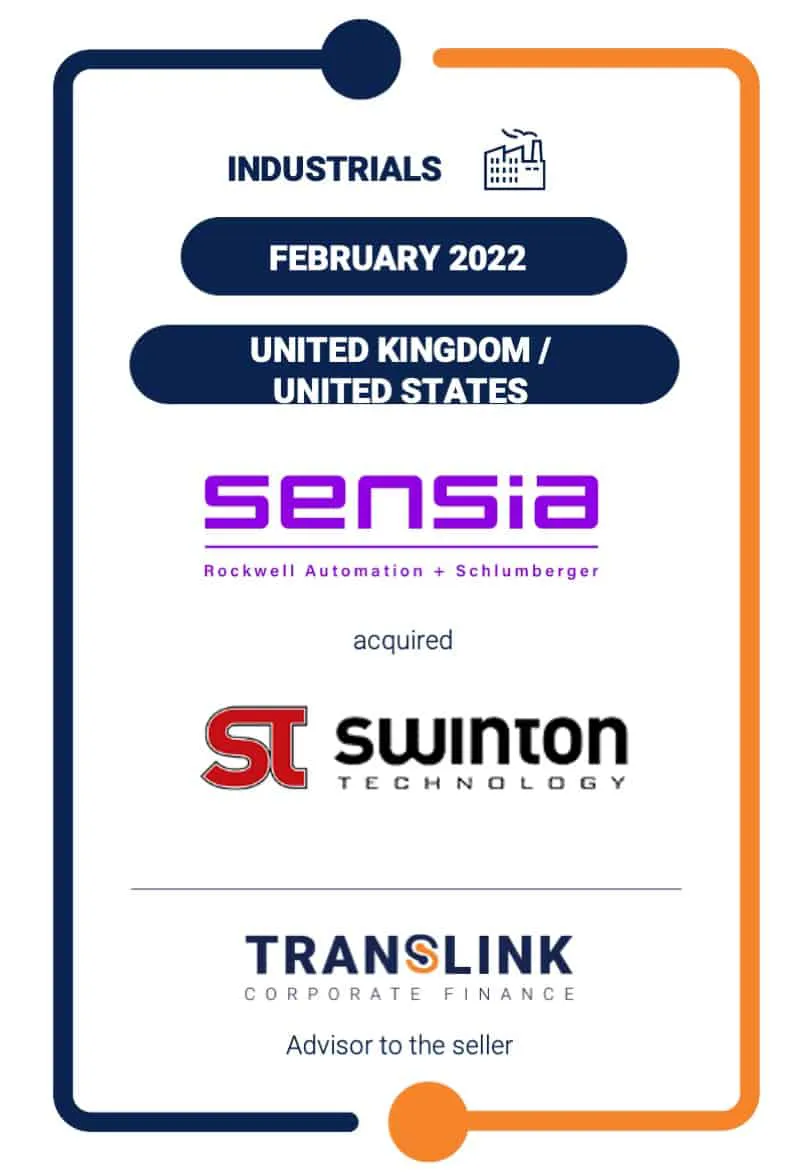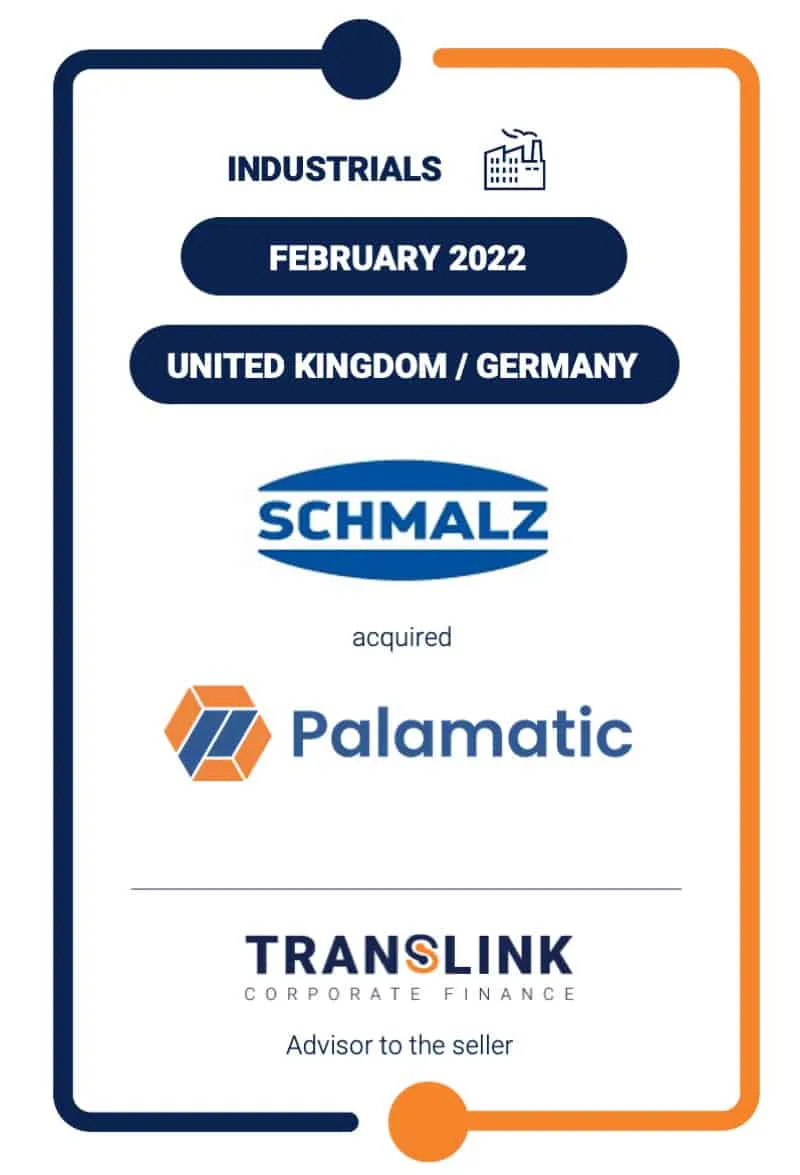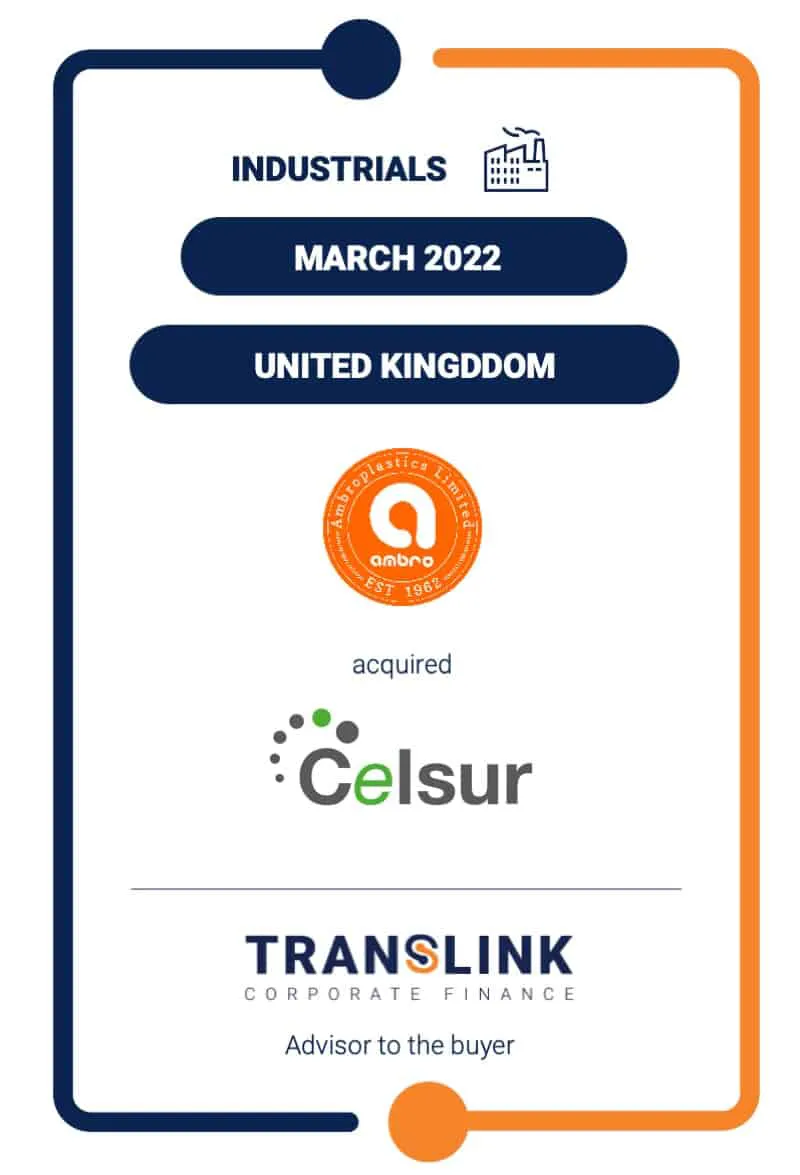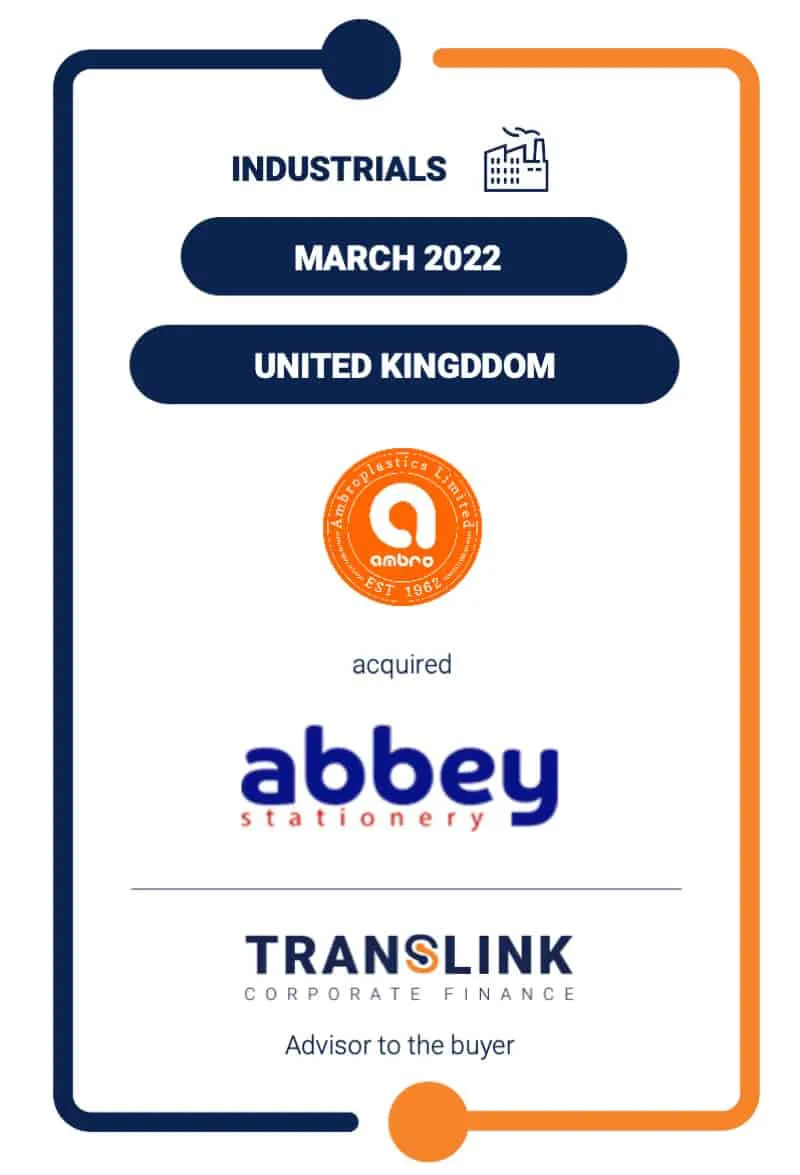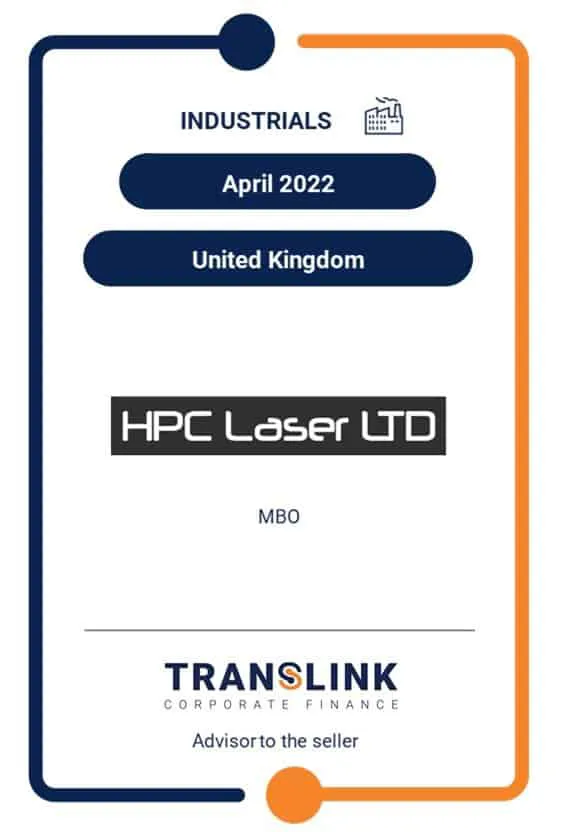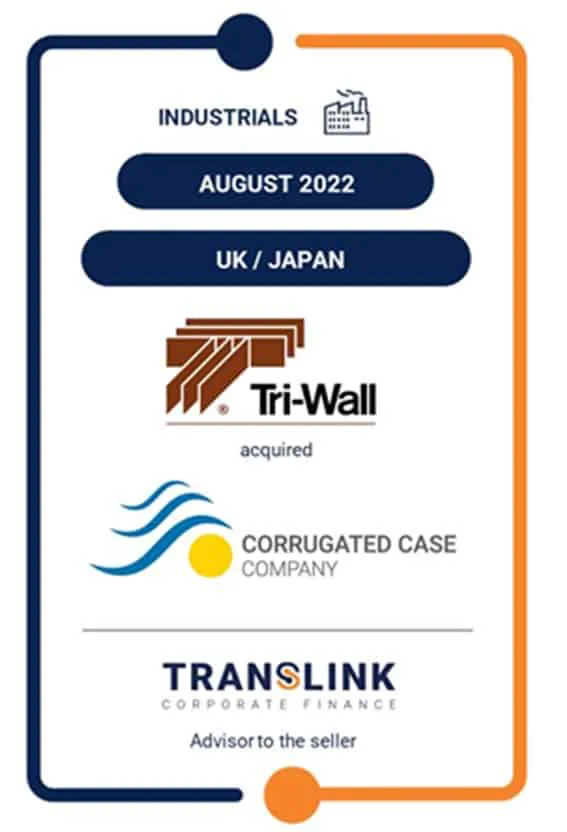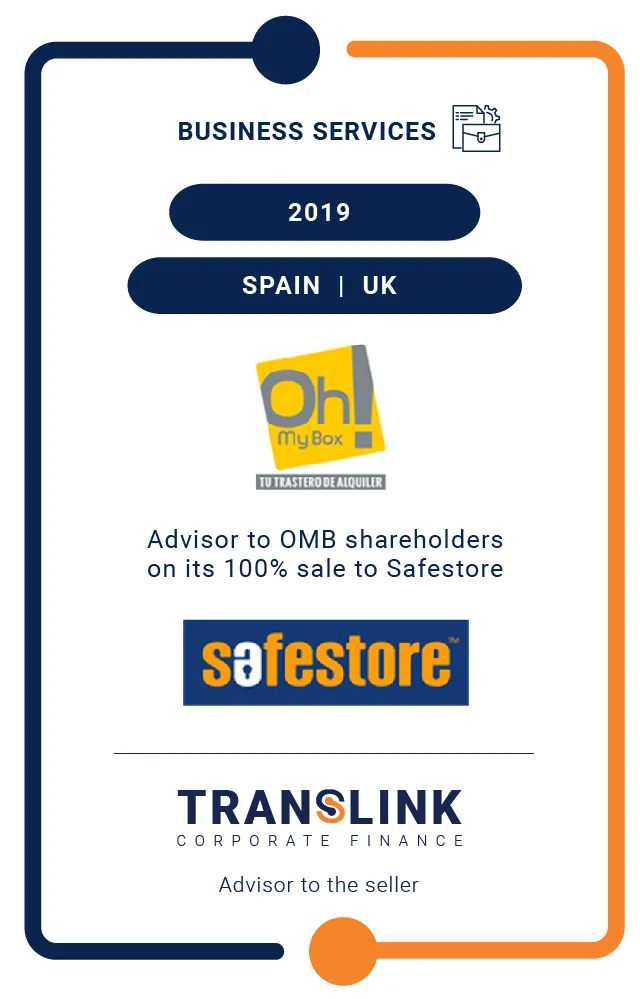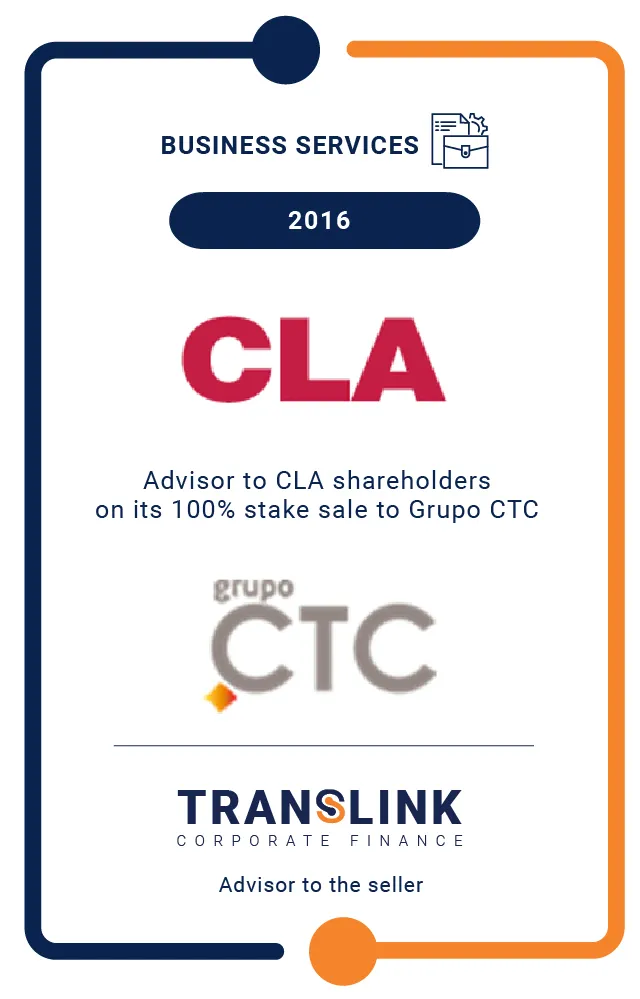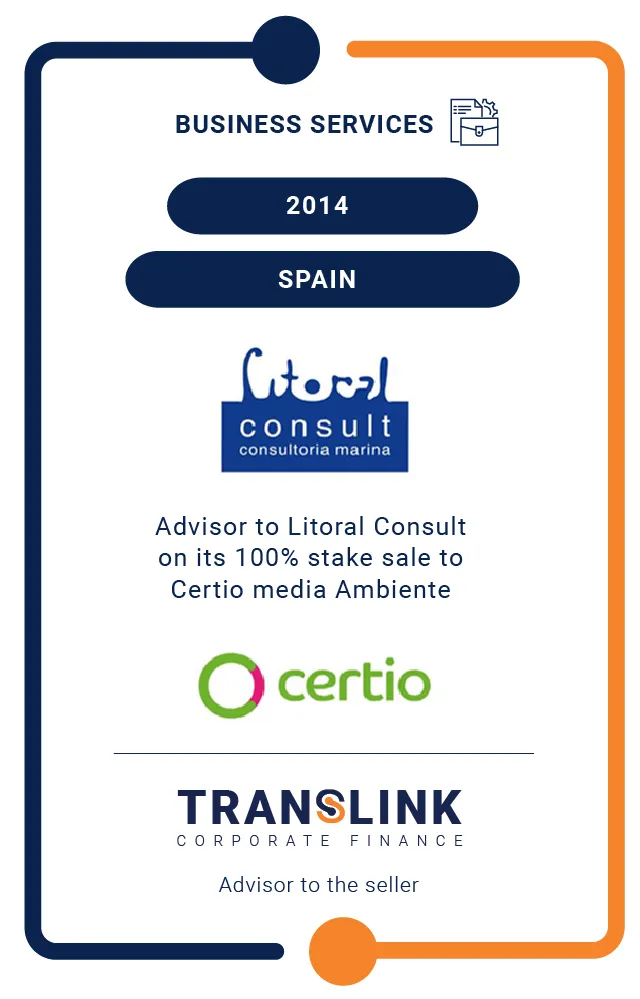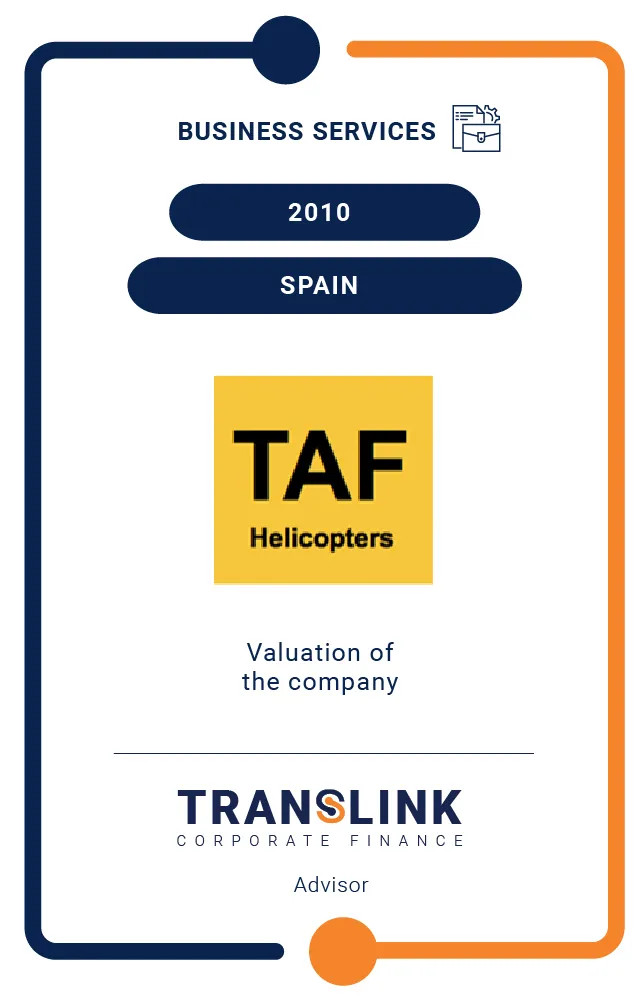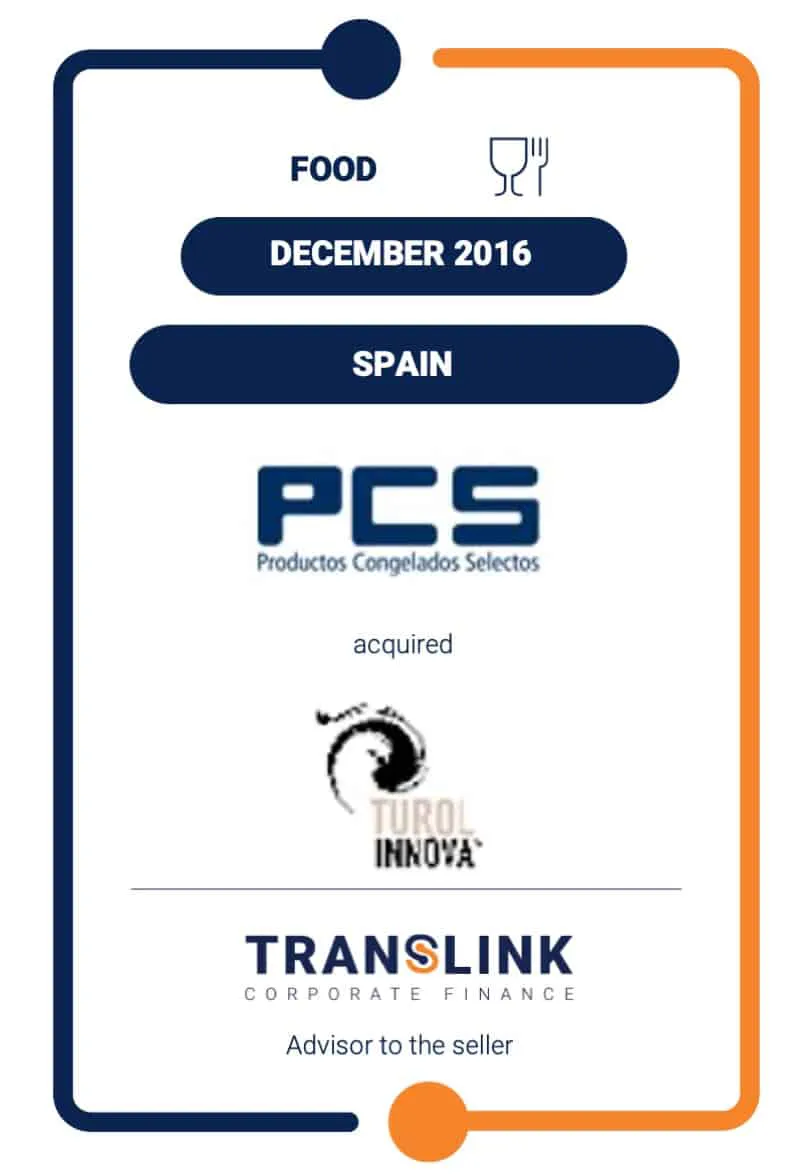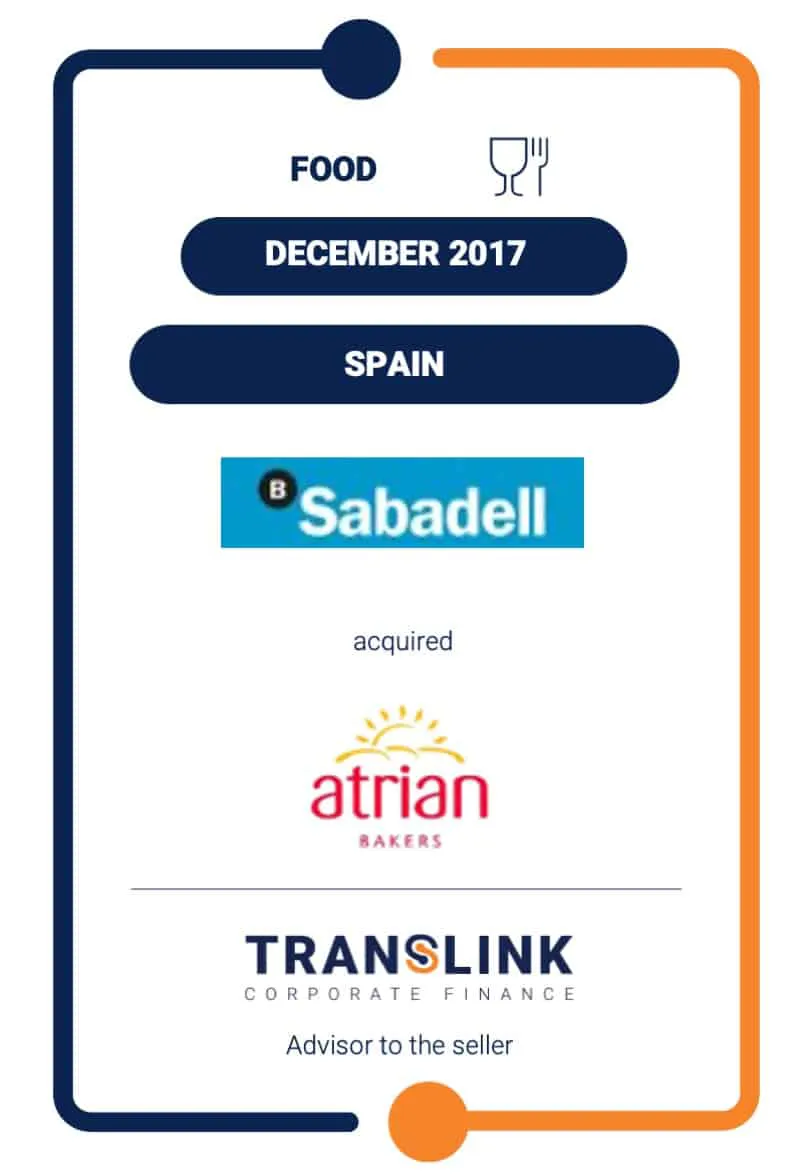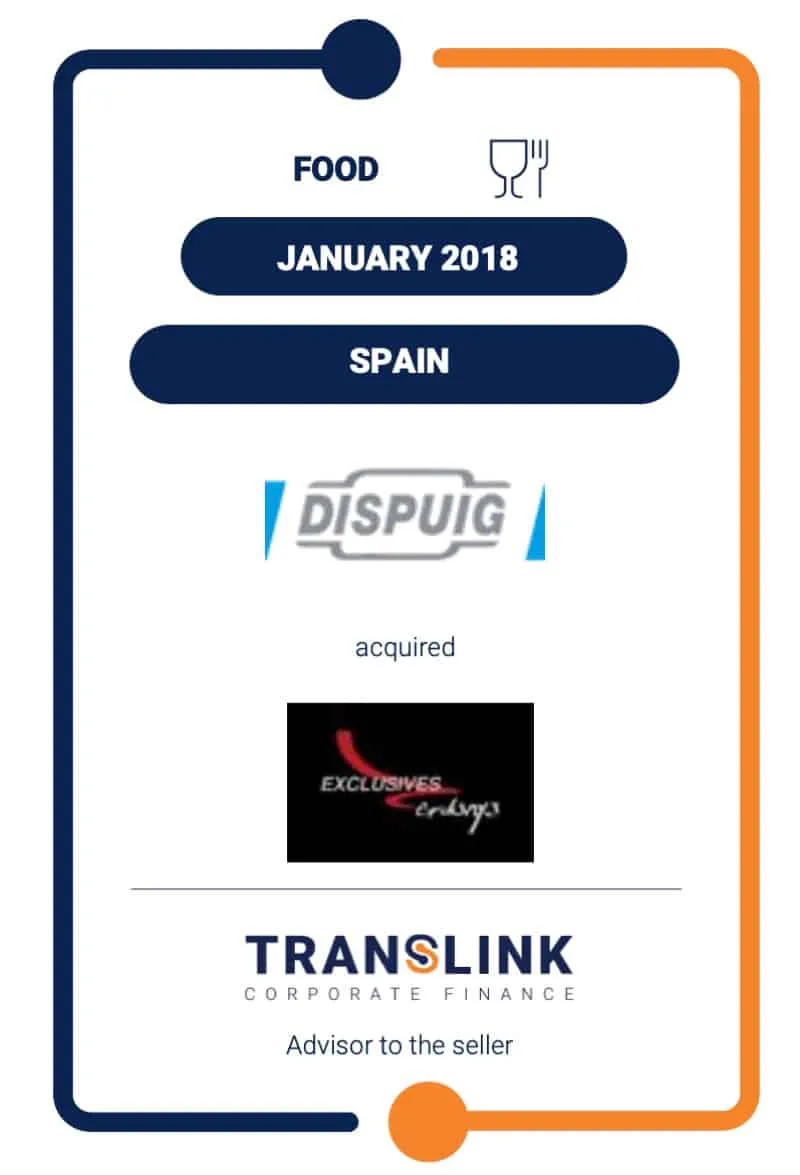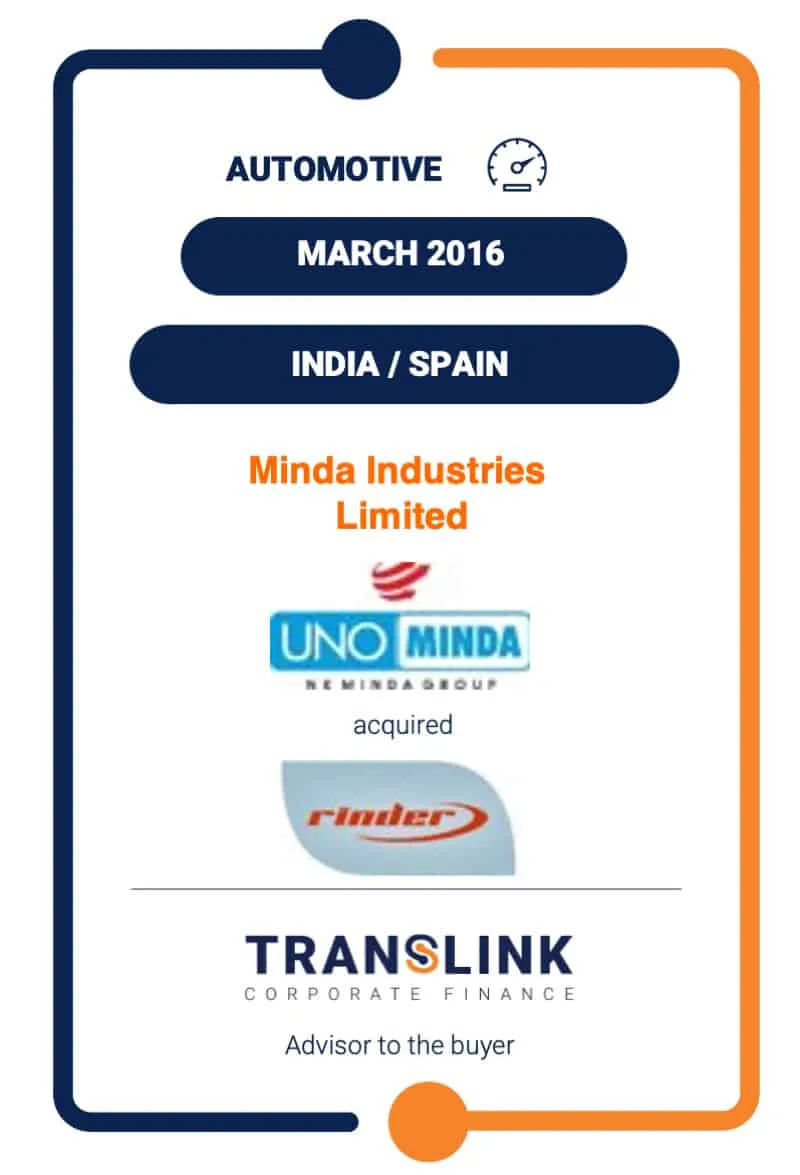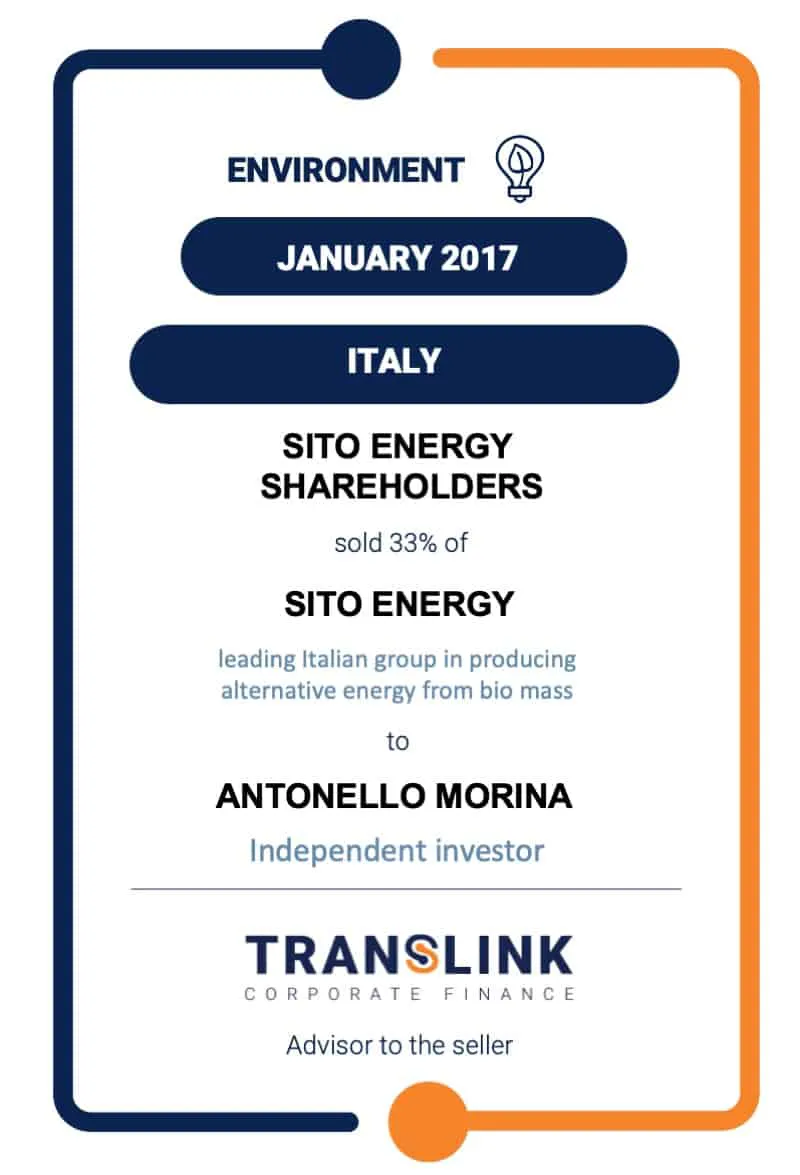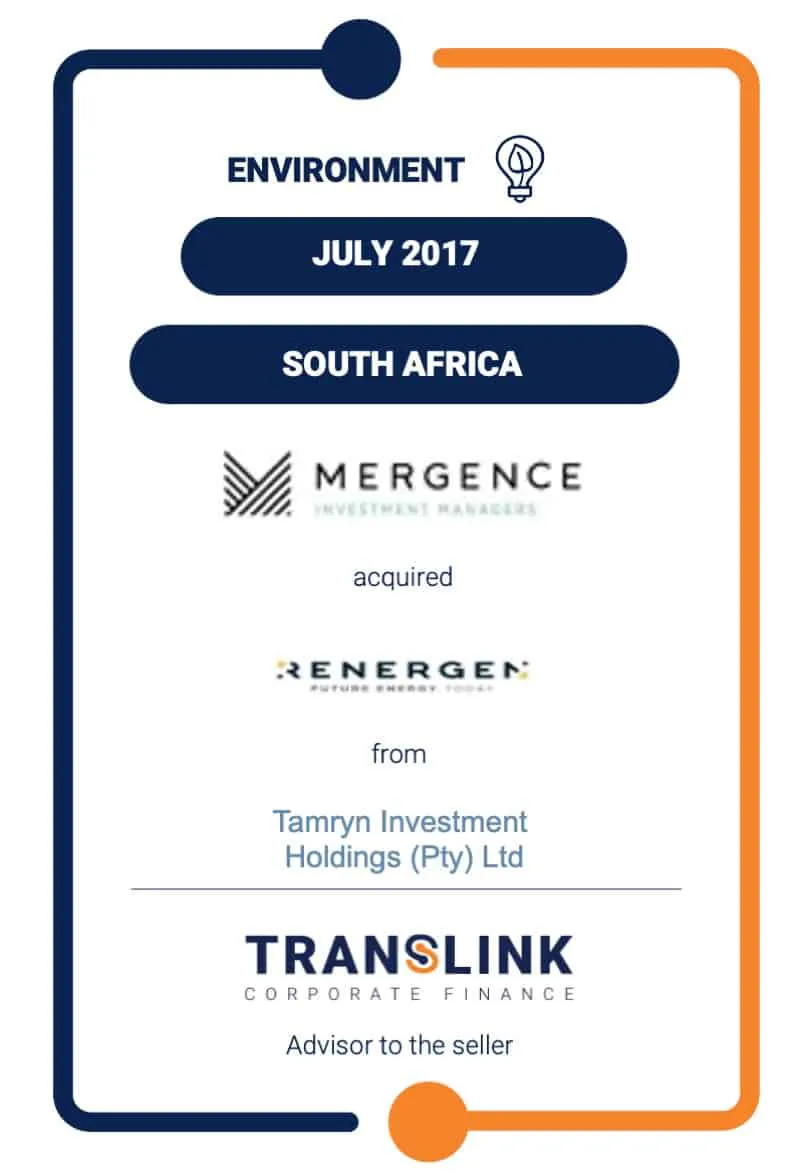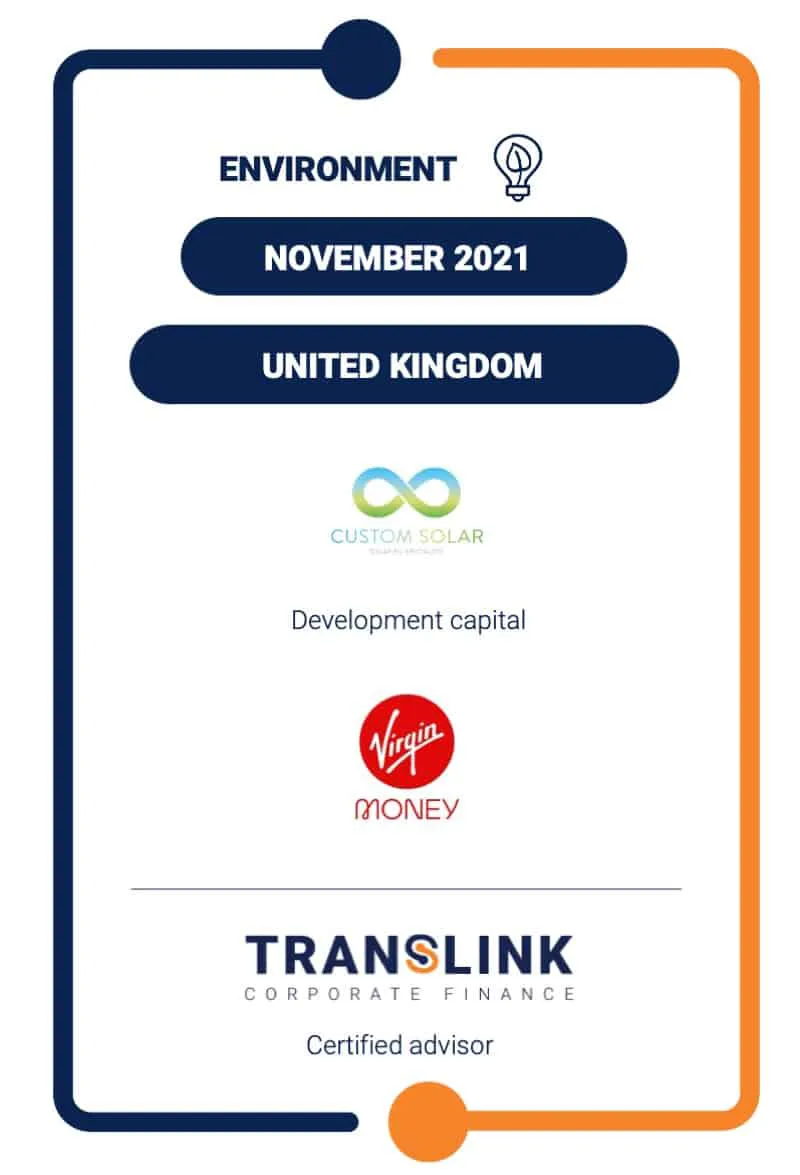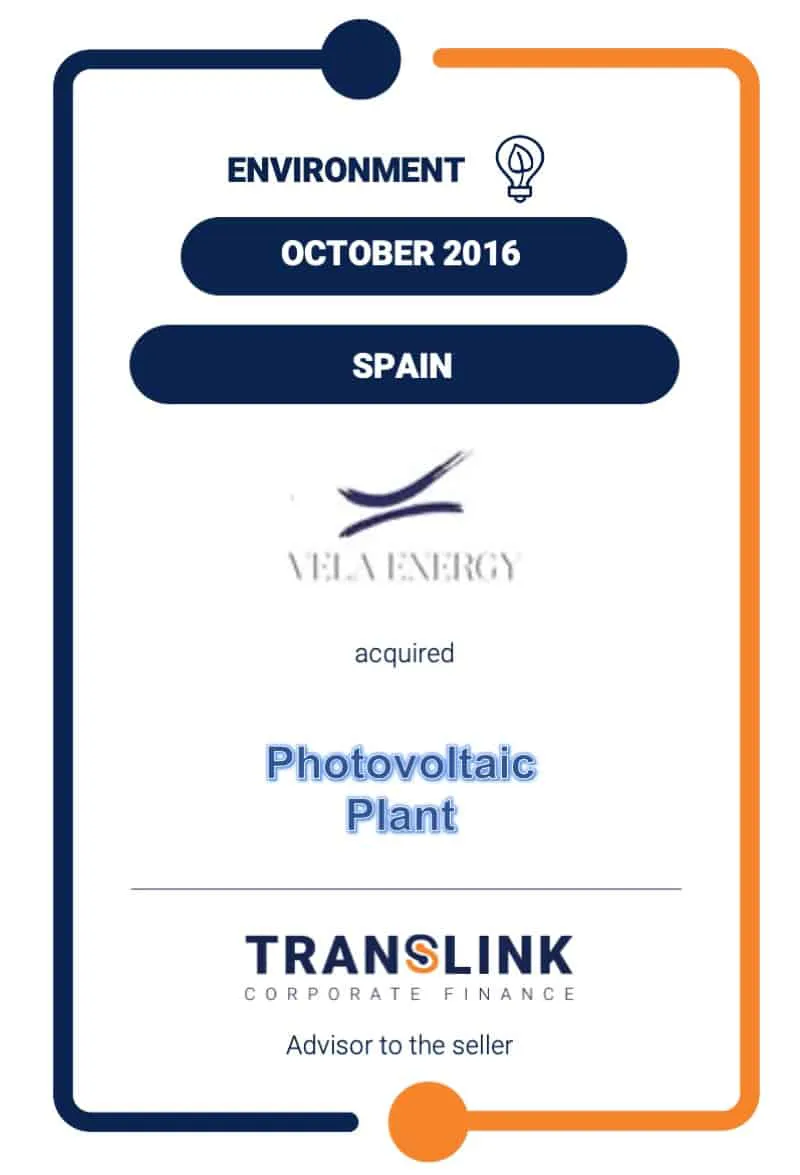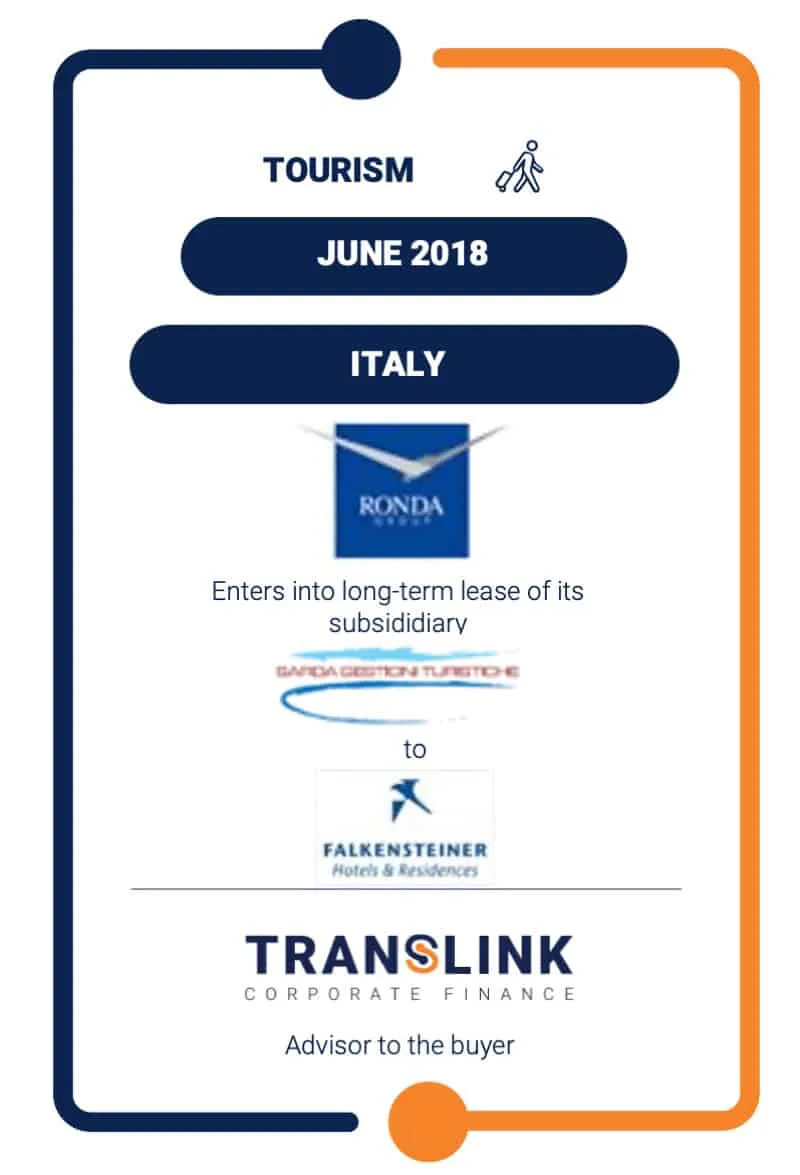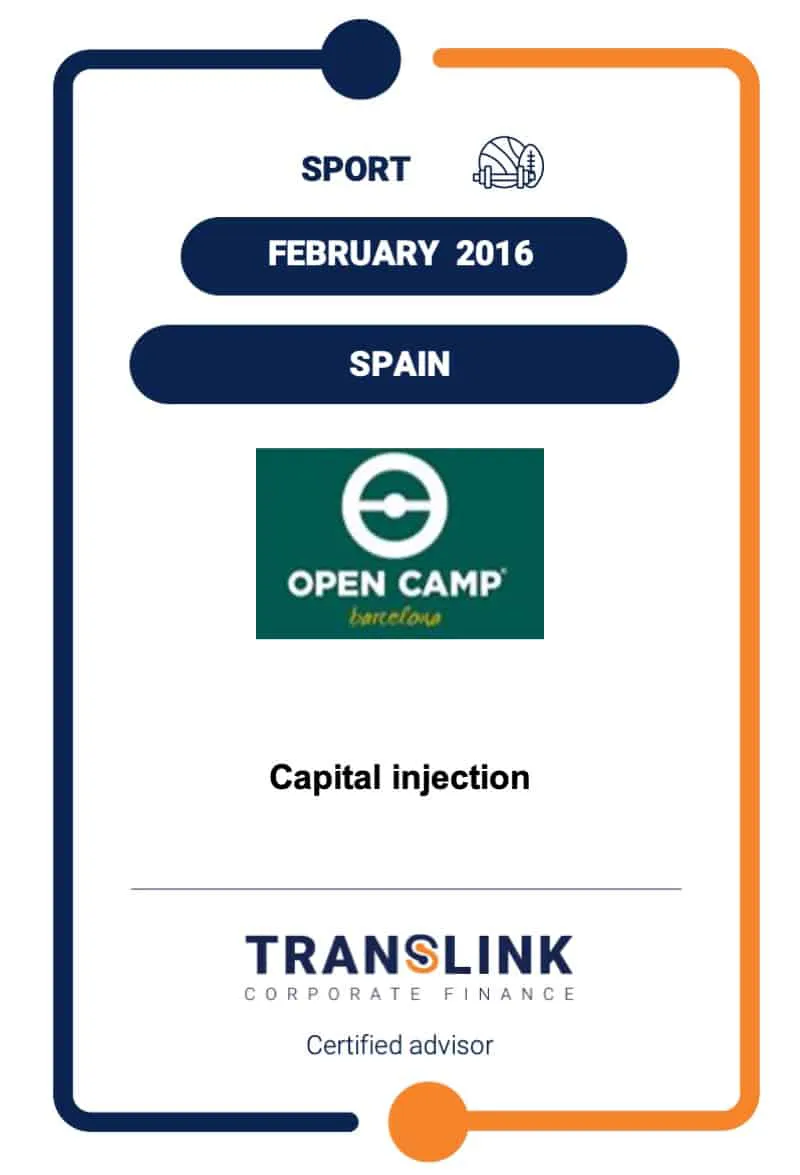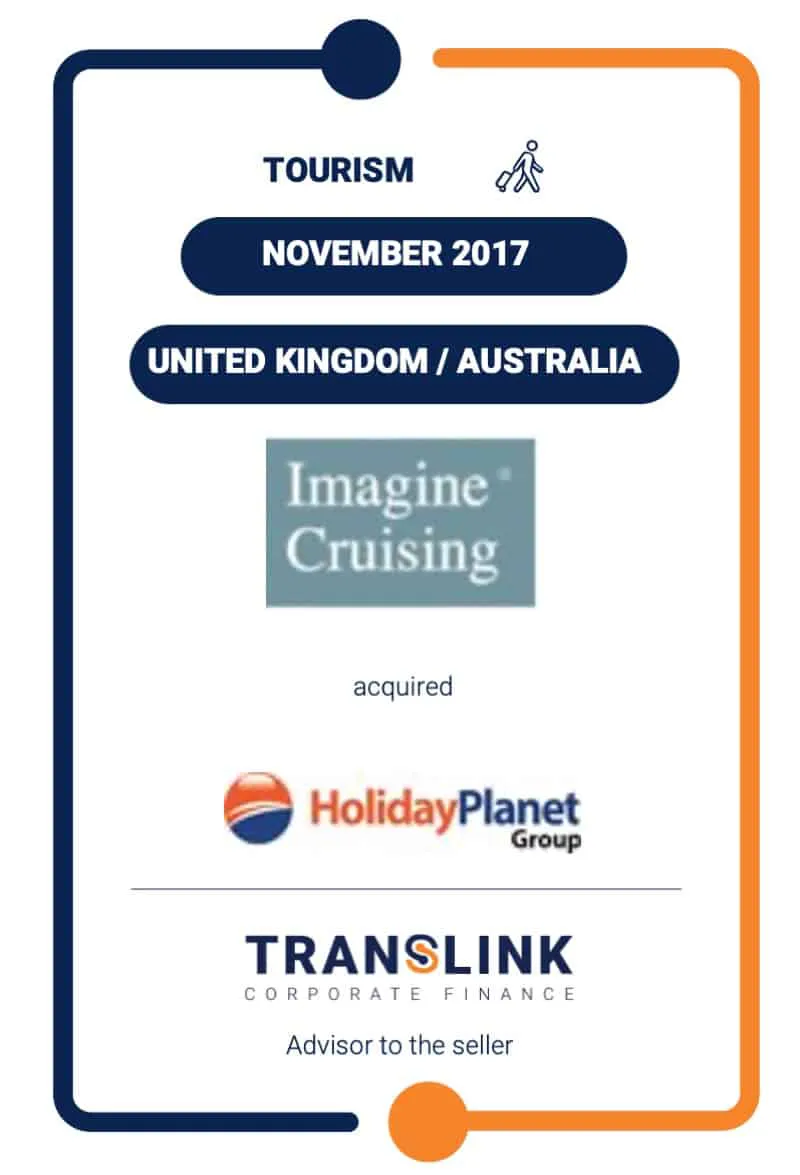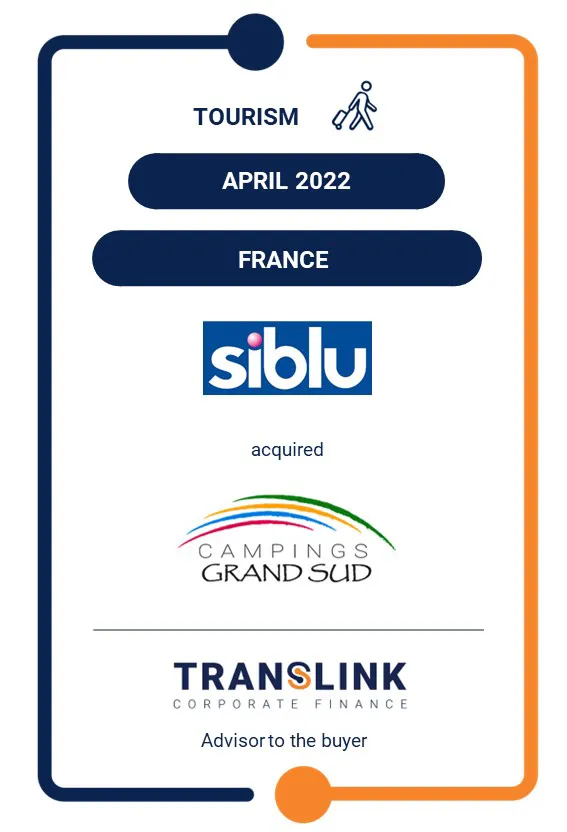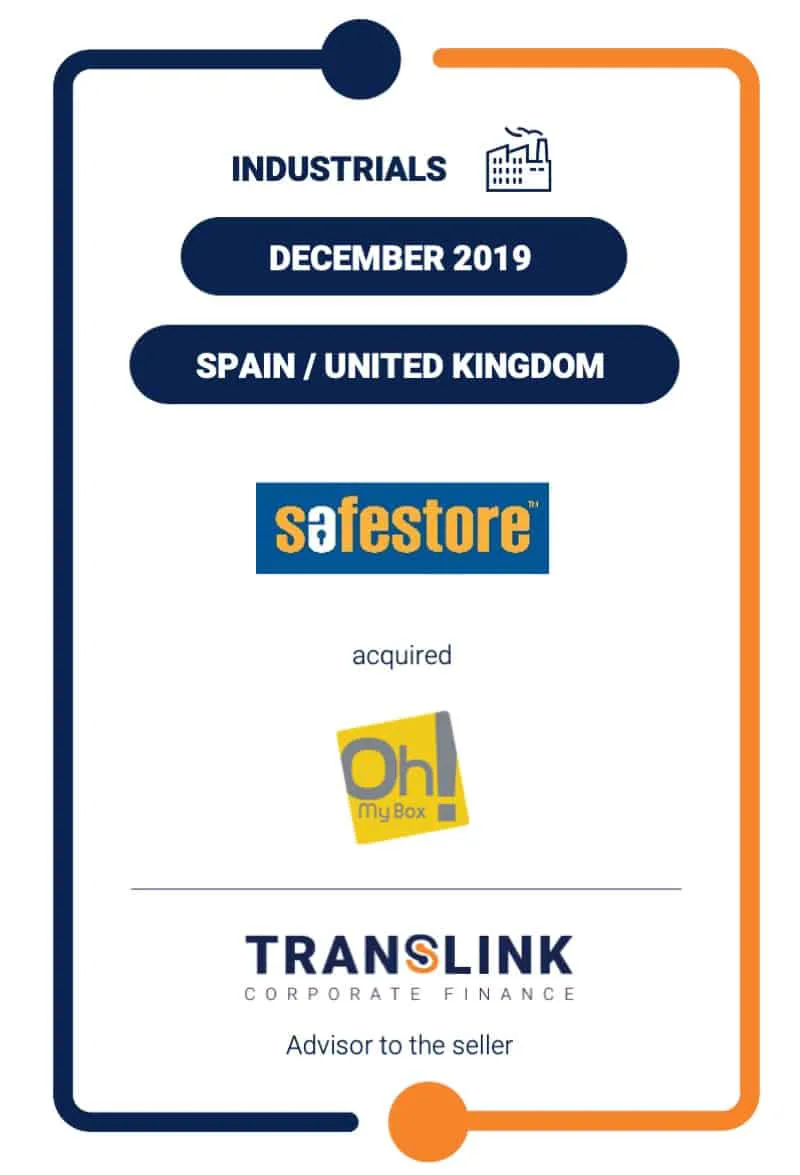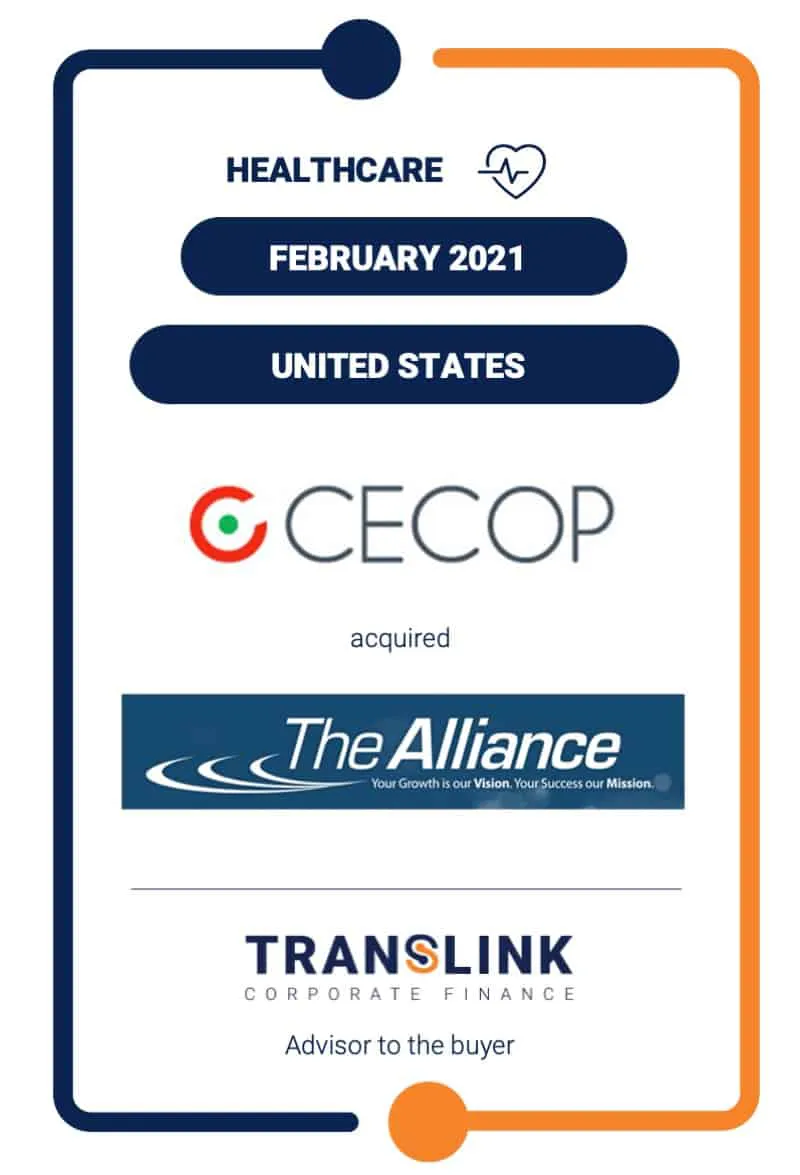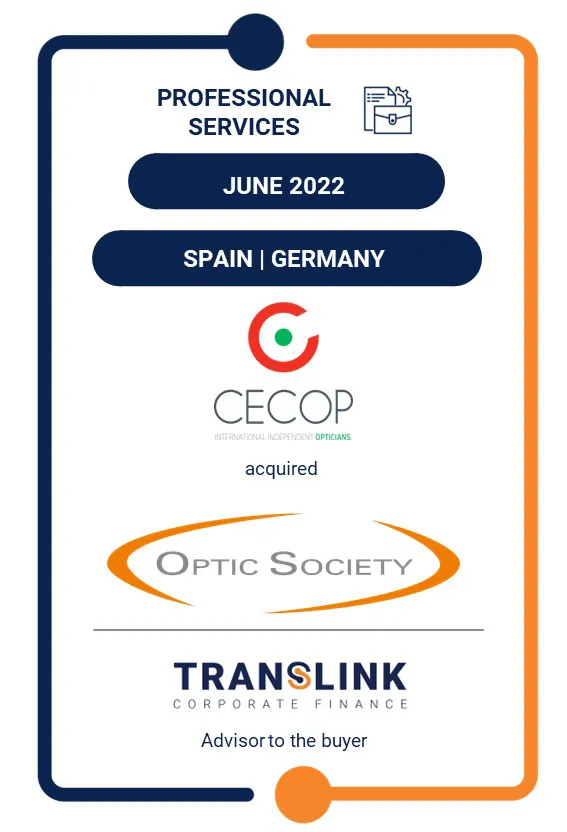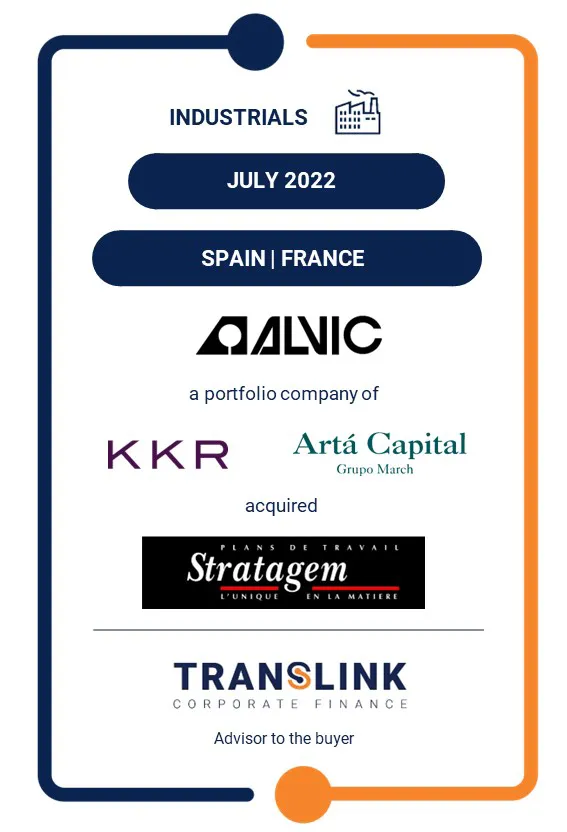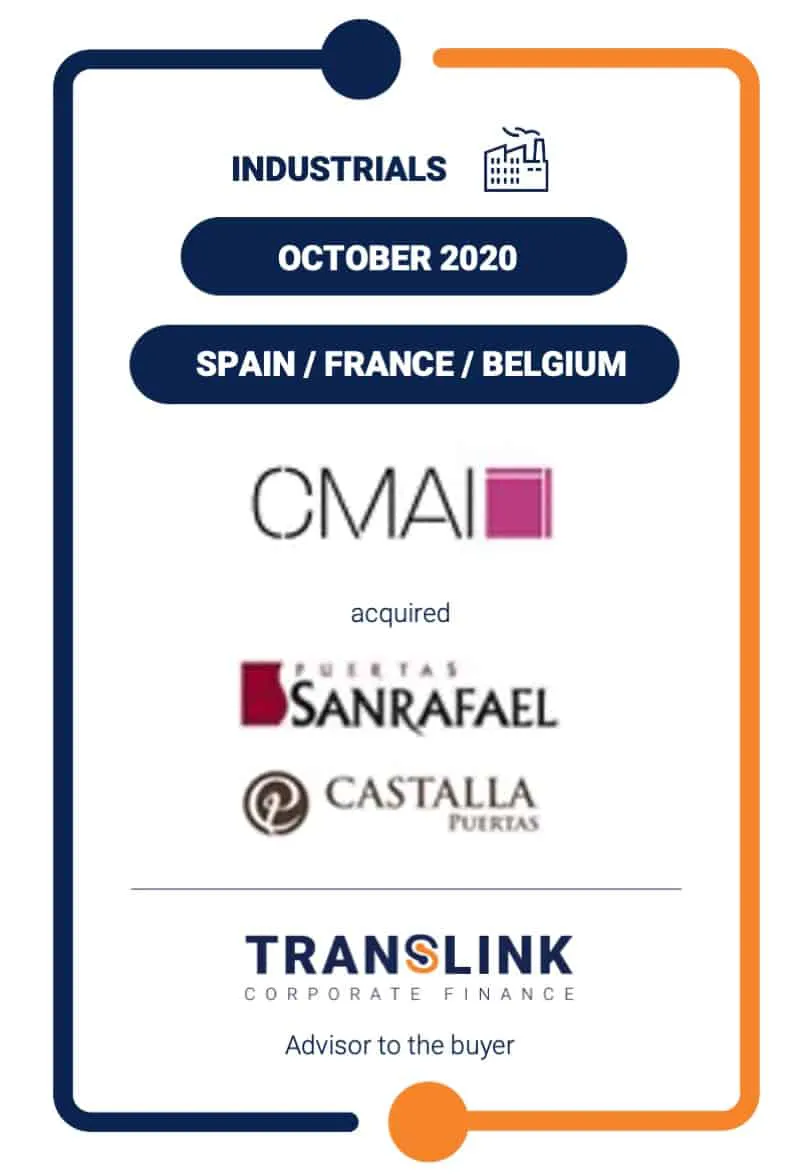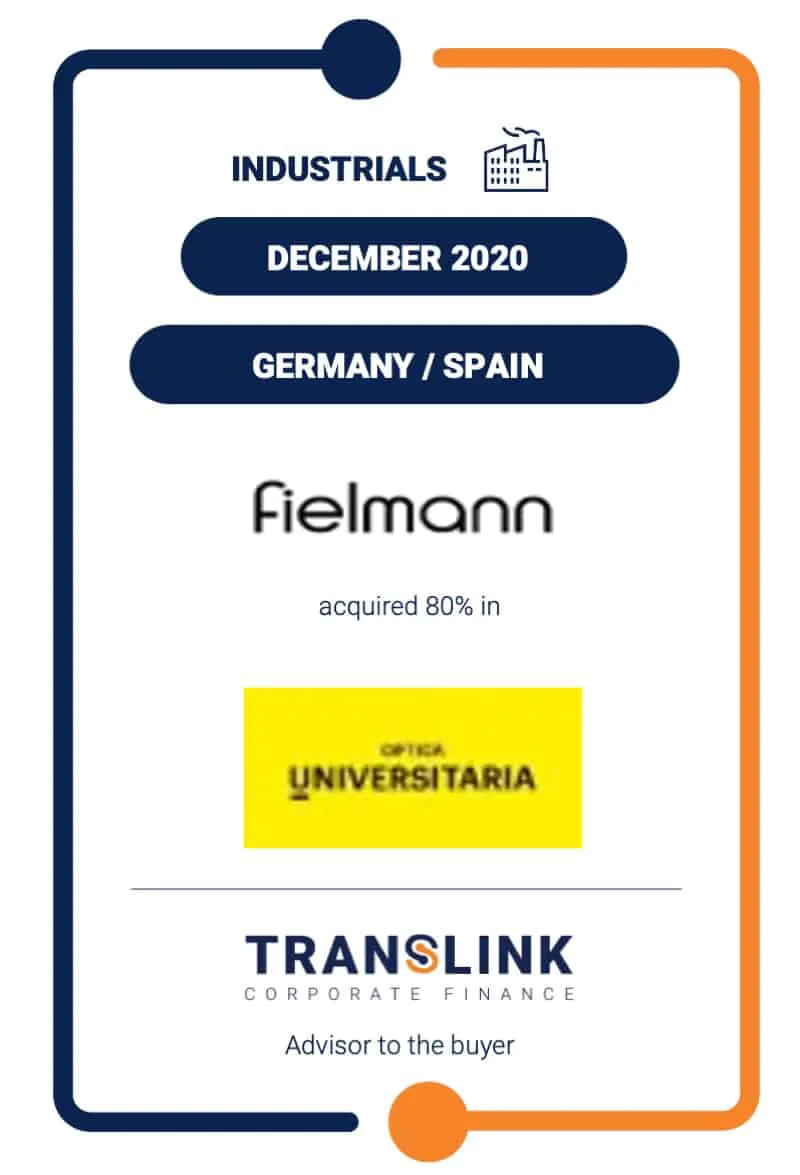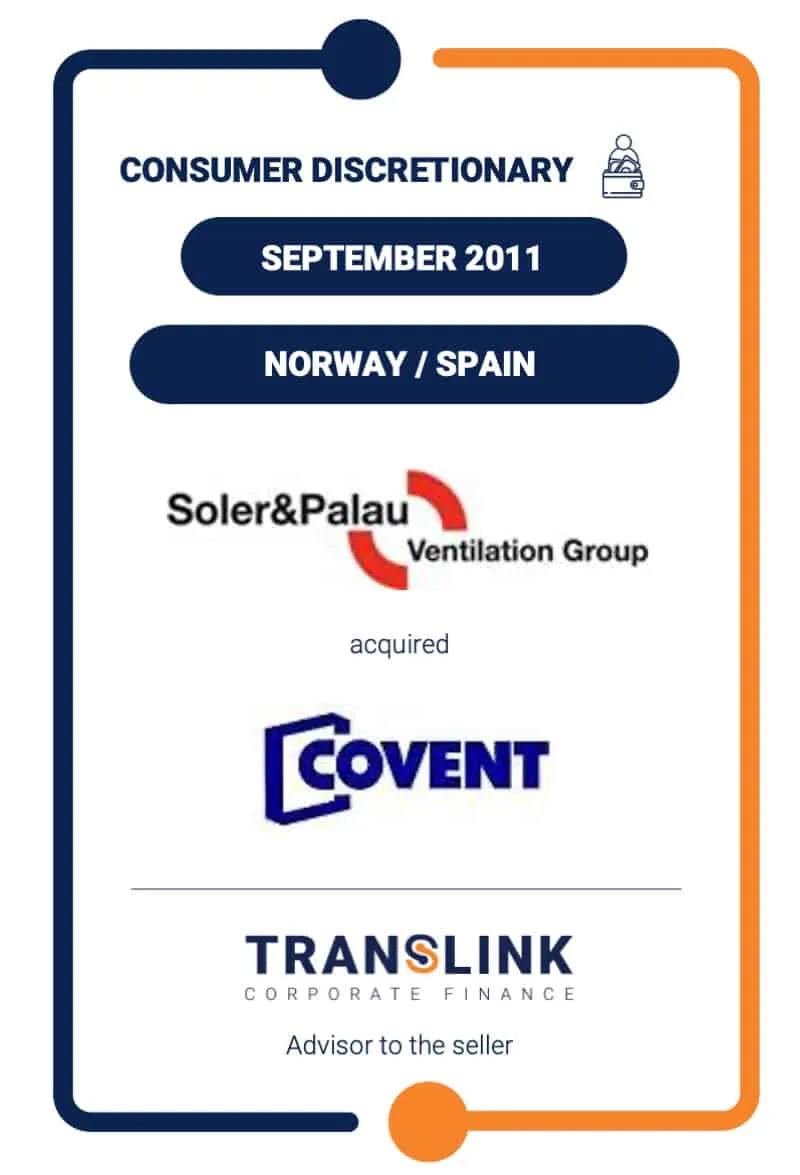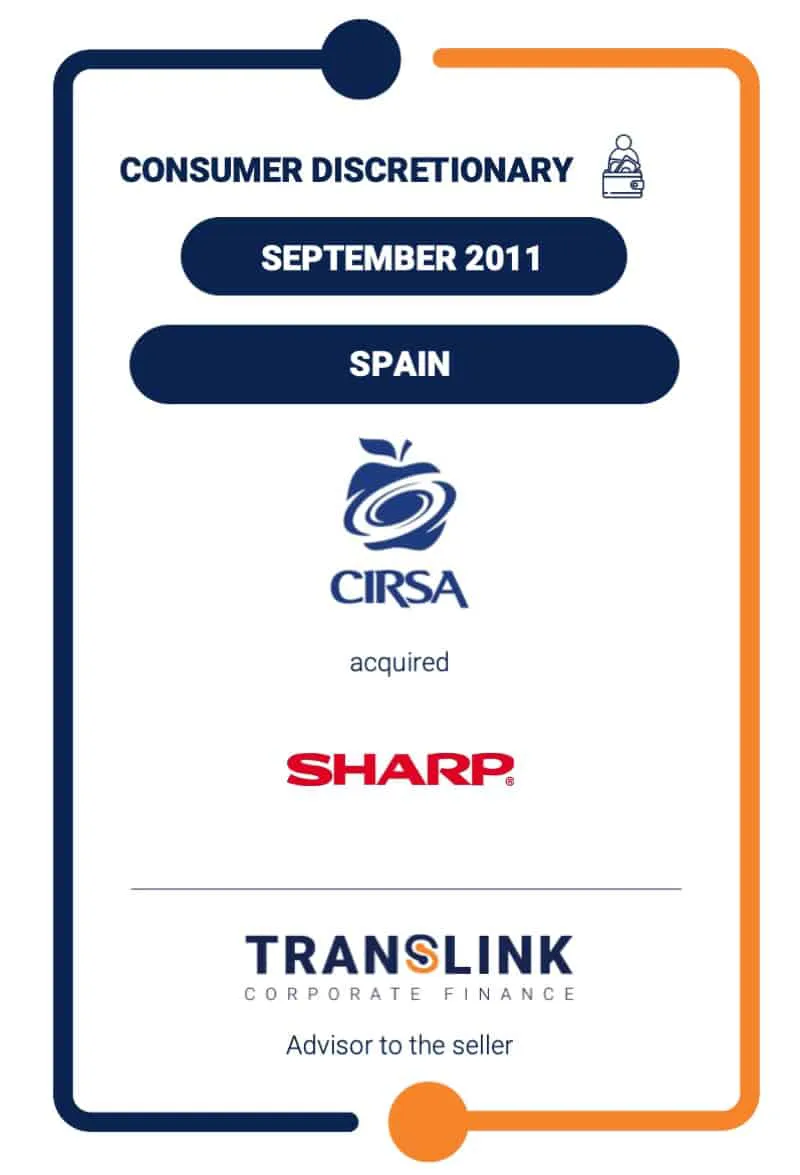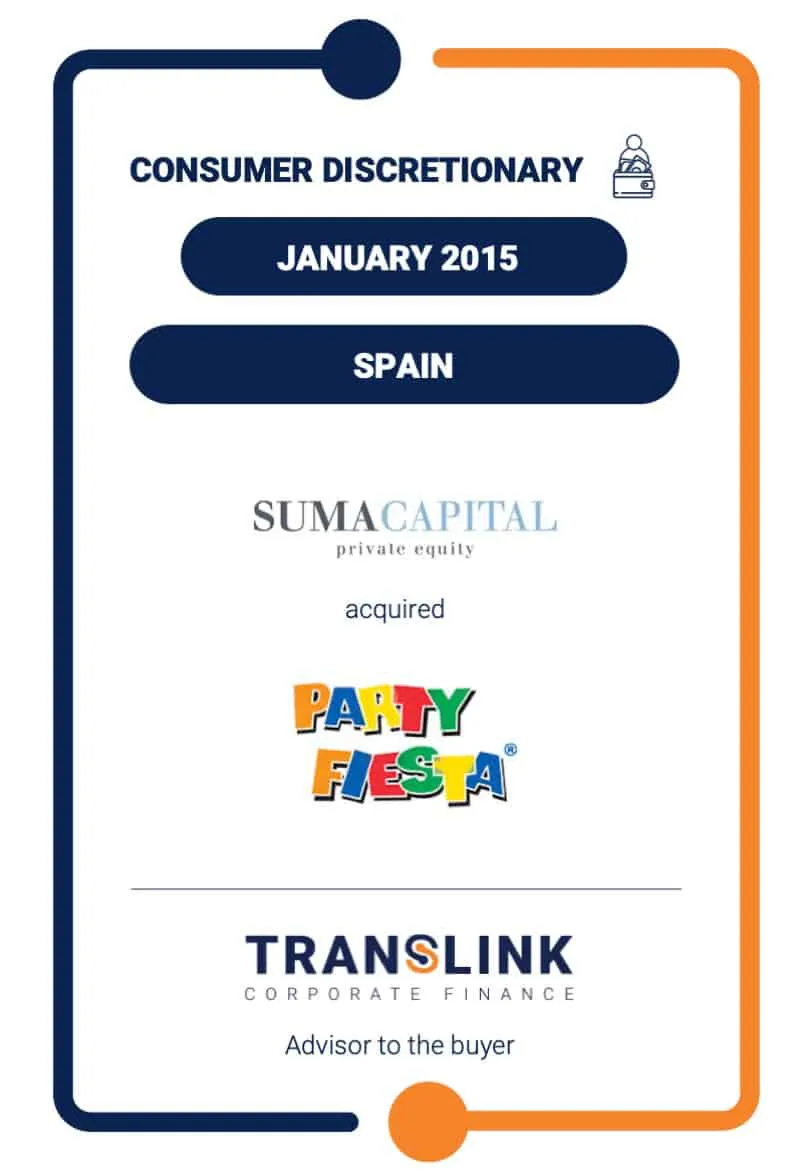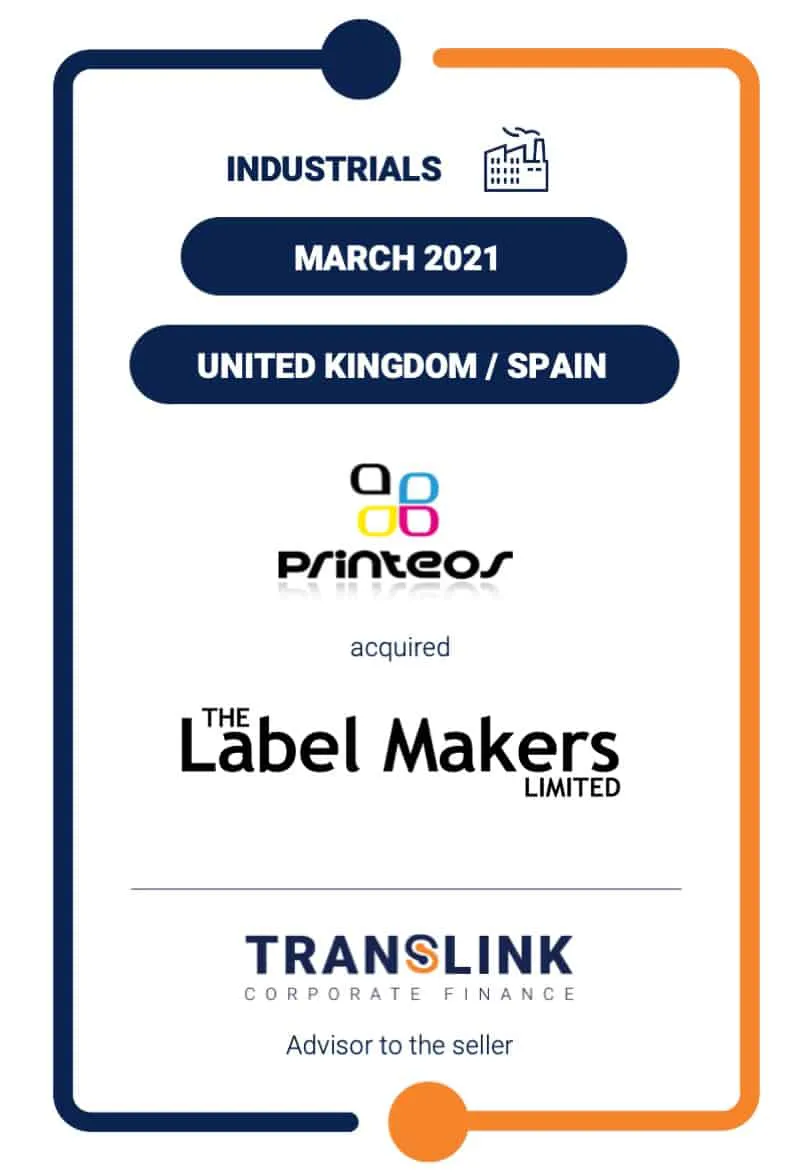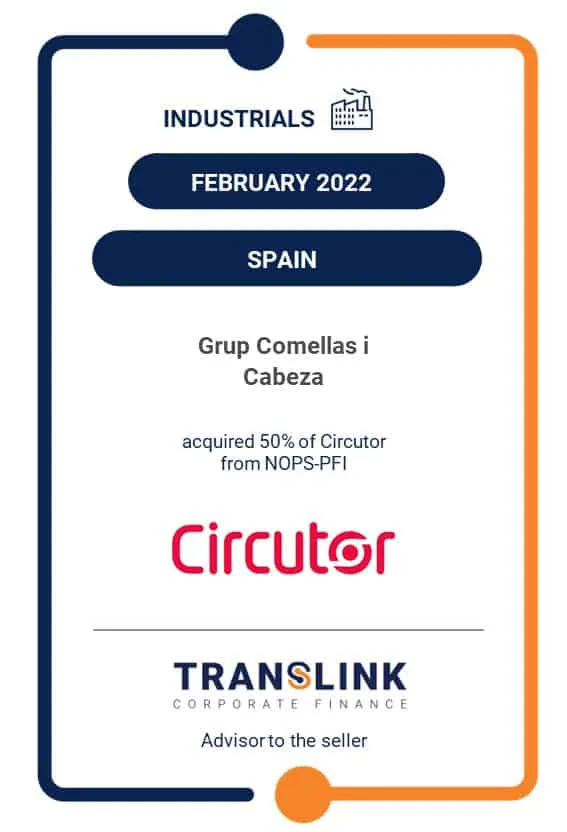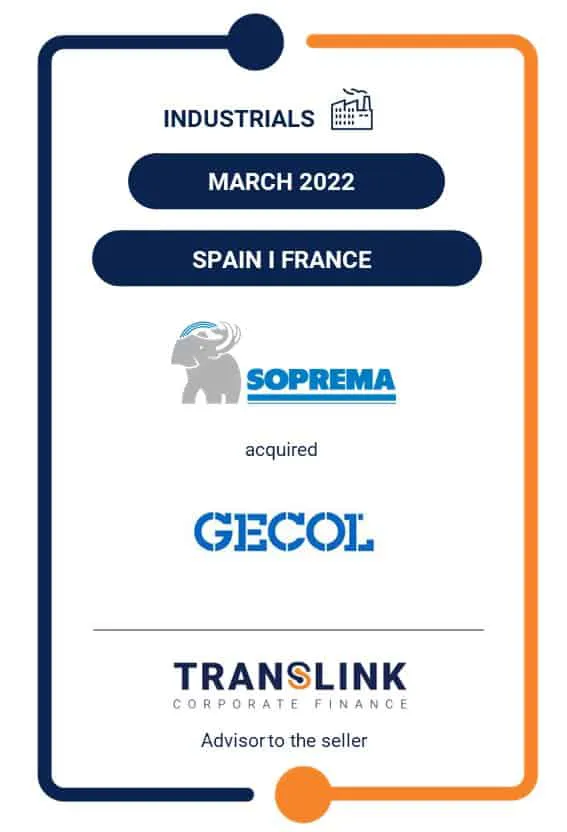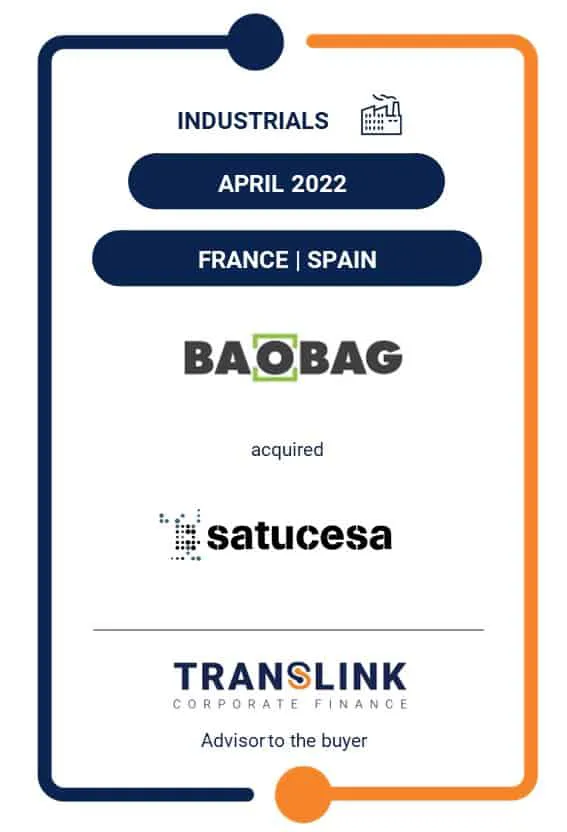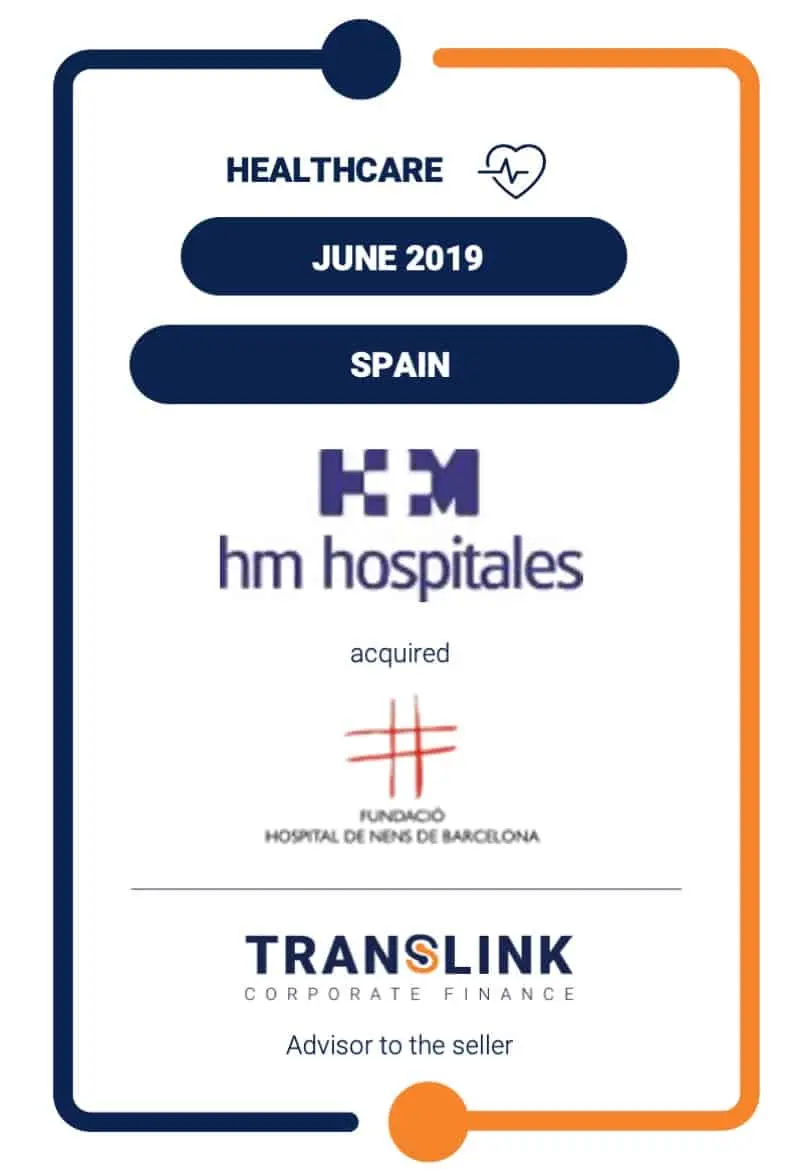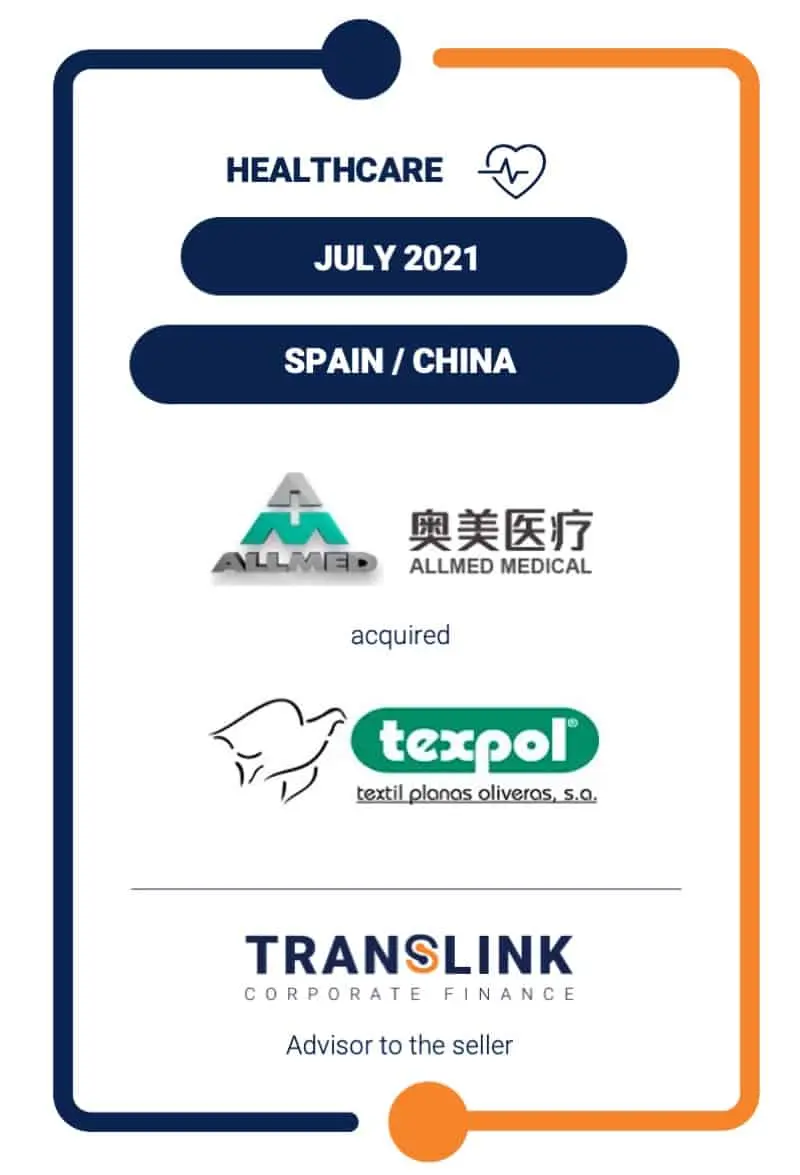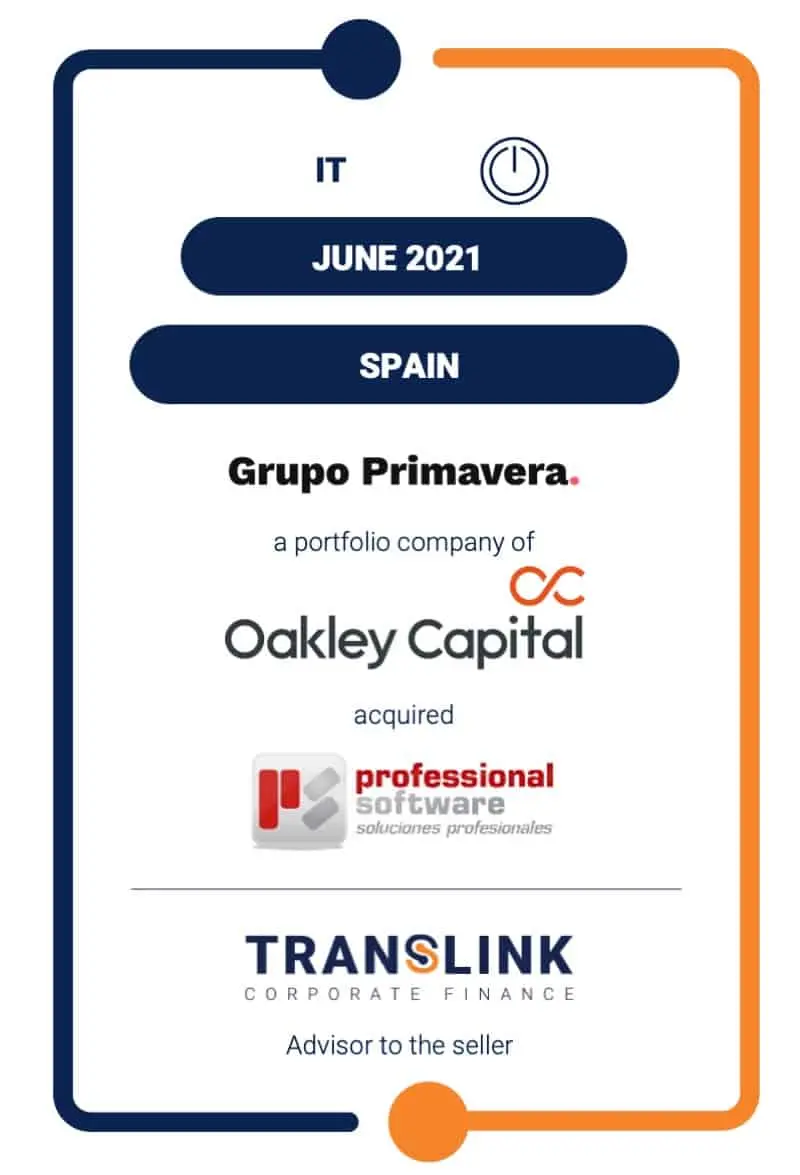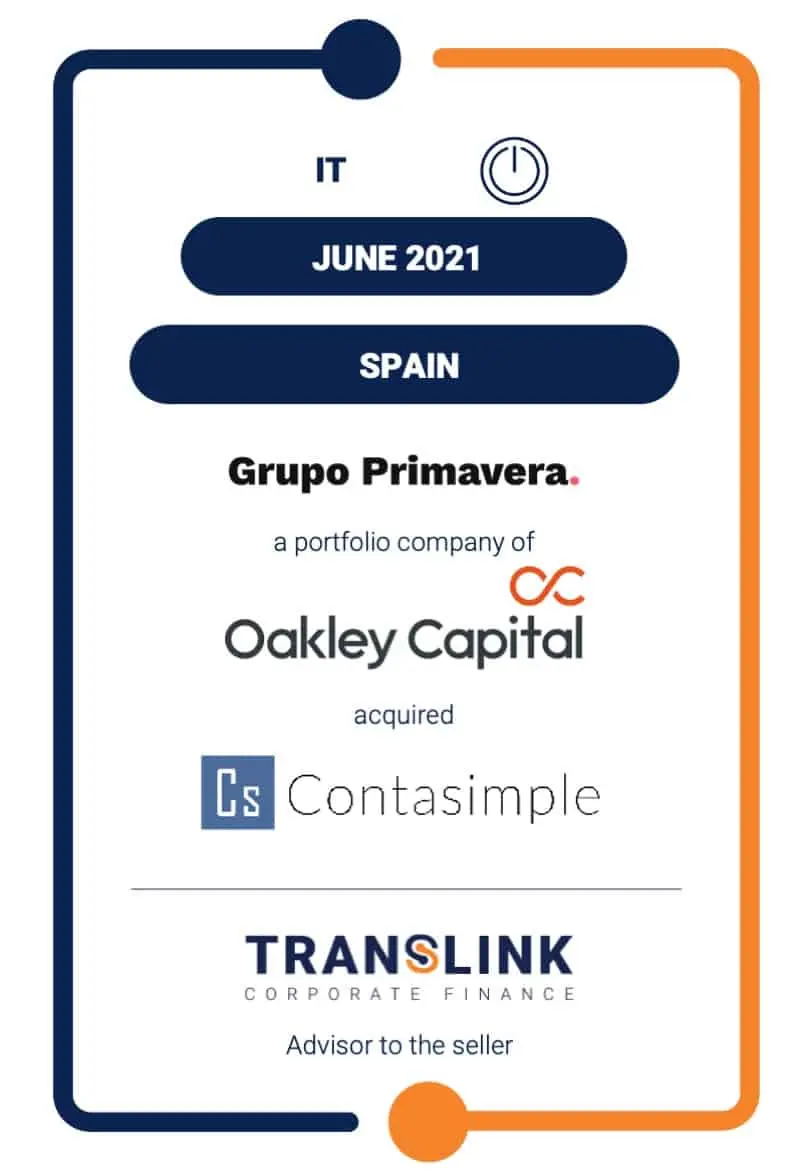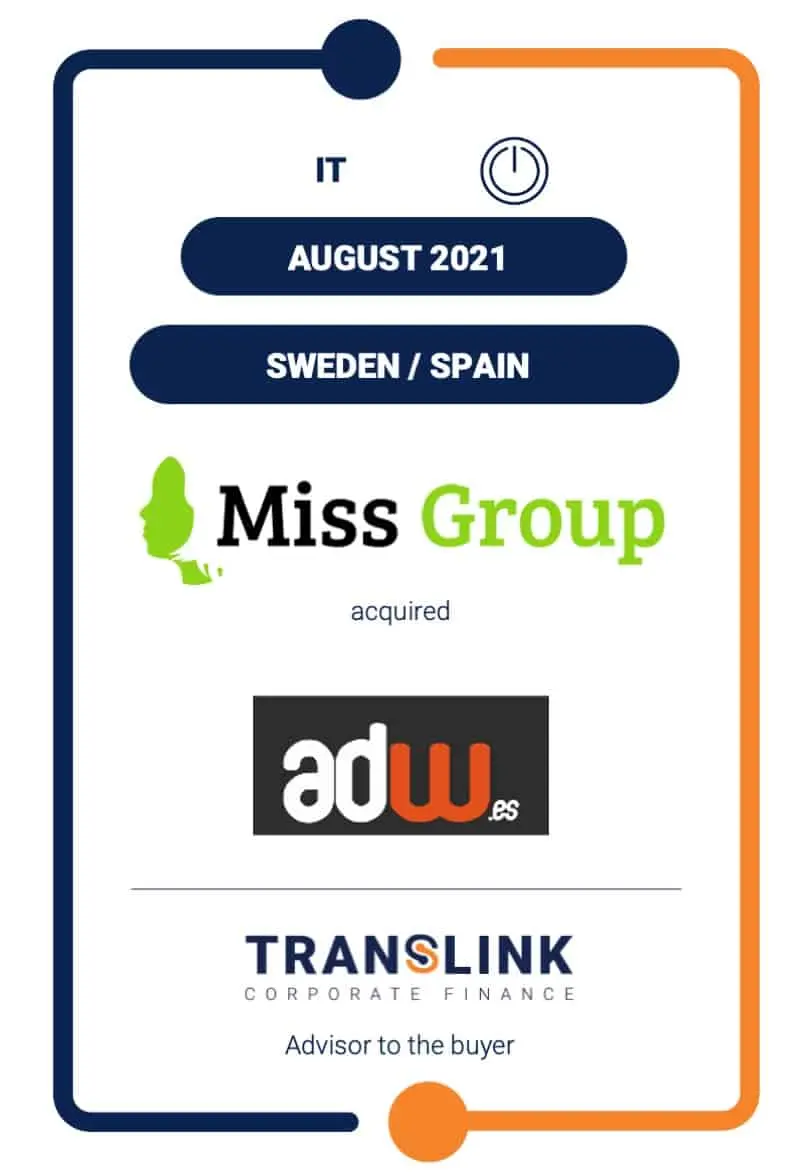18 January 2024
Translink Corporate Finance UK Partner Andy Haigh shares his thoughts about how he believes technological advancements and AI will develop to support the M&A process.
Mergers and acquisitions (M&A) are highly complex processes involving multiple stakeholders and which rely on participants’ collective brain power to get over the line. Human expertise, ability to communicate effectively, experience and judgements are all crucial factors in the successful completion of an M&A transaction and likewise with the success of the post deal integration.
Inevitably the deal process has evolved as the technology being built to support it has also improved. This can range from relatively ‘simple’ innovations such as secure electronic signatures and video conferencing, which both vastly remove friction in the deal process, to artificial intelligence being embedded into deal related software products.
Some of the current adoptions of AI we see in the mid-market are:
- AI developed into electronic data rooms which help to analyse and organise the files being uploaded. This partially automates part of the due diligence process and improves efficiency especially where changes to documents are being made and new information emerges.
- We’re also starting to see predictive analytics being built into M&A specific CRM systems to help aid deal sourcing and execution. This has a range of benefits from simple productivity gains to ever more effective matching of a company for sale with potential buyers/strategic investors.
The integration of AI and technology could potentially transform advisory services and facilitate advisors to become more productive, make ever more data-informed decisions, mitigate risks, and improve the overall efficiency and success of deals. In terms of future developments, some of the areas in which AI might continue to reshape the M&A process are:
- Identification: AI tools may be trained to constantly scan for potential acquisition/investment targets based on strategic filters and defined acquisition criteria. This approach to deal sourcing could uncover attractive opportunities that humans might miss through traditional network/desktop driven approaches, aiding the target identification process
- Assessment: AI’s ability to analyse enormous volumes of data to uncover trends and patterns will provide for ever more effective assessment of target companies. For example, the use of AI to scan news articles, financial filings, web traffic, customer reviews, and other data sources will quickly provide detailed insights on potential acquisition targets as well as market trends and, potentially, risks.
- Timeliness: The use of AI will aid M&A professionals to make ever more timely, informed recommendations to their clients. For example, the use of AI to efficiently analyse and extract key information from lengthy contracts and documents. This augments human review and has the potential to speed up deal timelines in particular during the due diligence process where large amounts of data have to be compiled, reviewed, analysed and reported upon.
- Productivity: AI will be able to automate more and more of the time-consuming elements of the deal process. For example, production of deal documents, such as information memoranda and/or the complex financial modelling required to value target companies. This provides for increased productivity and frees up time for advisors to focus on high-value tasks.
There are also some potential risks that need to be considered, for example, poor data quality leading to flawed outputs, lack of transparency where AI is used for example, to make predictions, regulatory uncertainty and data security.
There will be a ‘race’ over the next 6-12 months to understand and harness the power of AI and build tools that address industry specific use cases. This is clearly exciting but also holds a significant degree of risk for which the oversight/review by human users will be crucial.
In conclusion
The application of AI in M&A execution is still in its early phases but holds tremendous potential to transform dealmaking. As algorithms and data sets improve, AI is poised to deliver major efficiency gains and value creation opportunities throughout the deal lifecycle and ideally reduce the execution timescales.
However, thoughtful change management and training will be imperative to integrate AI successfully into M&A workflows and ensure seamless integration between humans and AI.
Companies that leverage AI and address adoption barriers are well-positioned to gain a competitive edge in their dealmaking.
Translink Corporate Finance UK is a mid-market firm with a local presence, nationwide coverage, and a global reach. We execute deals in the £10m to £150m+ value range and specialise in advising upon cross-border M&A.





















